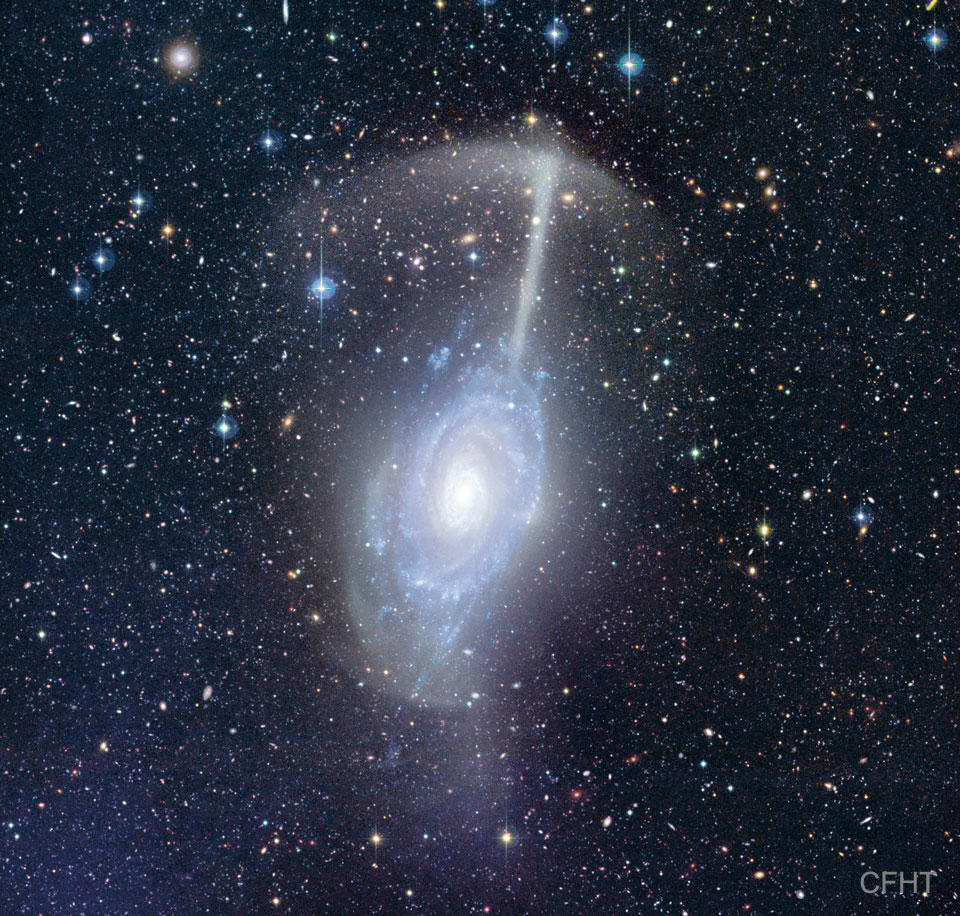
How do Jupiter’s clouds move? To help find out, images taken with NASA’s Juno spacecraft during its last pass near Jupiter have been analyzed and digitally extrapolated into a time-lapse video. The eight-second time-lapse video, digitally extrapolated between two images taken only nine minutes apart, estimates how Jupiter’s clouds move over 29 hours. Abstractly, the result appears something like a psychedelic paisley dream. Scientifically, however, the computer animation shows that circular storms tend to swirl, while bands and zones appear to flow. This overall motion is not surprising and has been seen on time-lapse videos of Jupiter before, although never in this detail. The featured region spans about four times the area of Jupiter’s Great Red Spot. Results from Juno are showing, unexpectedly, that Jupiter’s weather phenomena can extend deep below its cloud tops. via NASA https://ift.tt/2GAdjka

